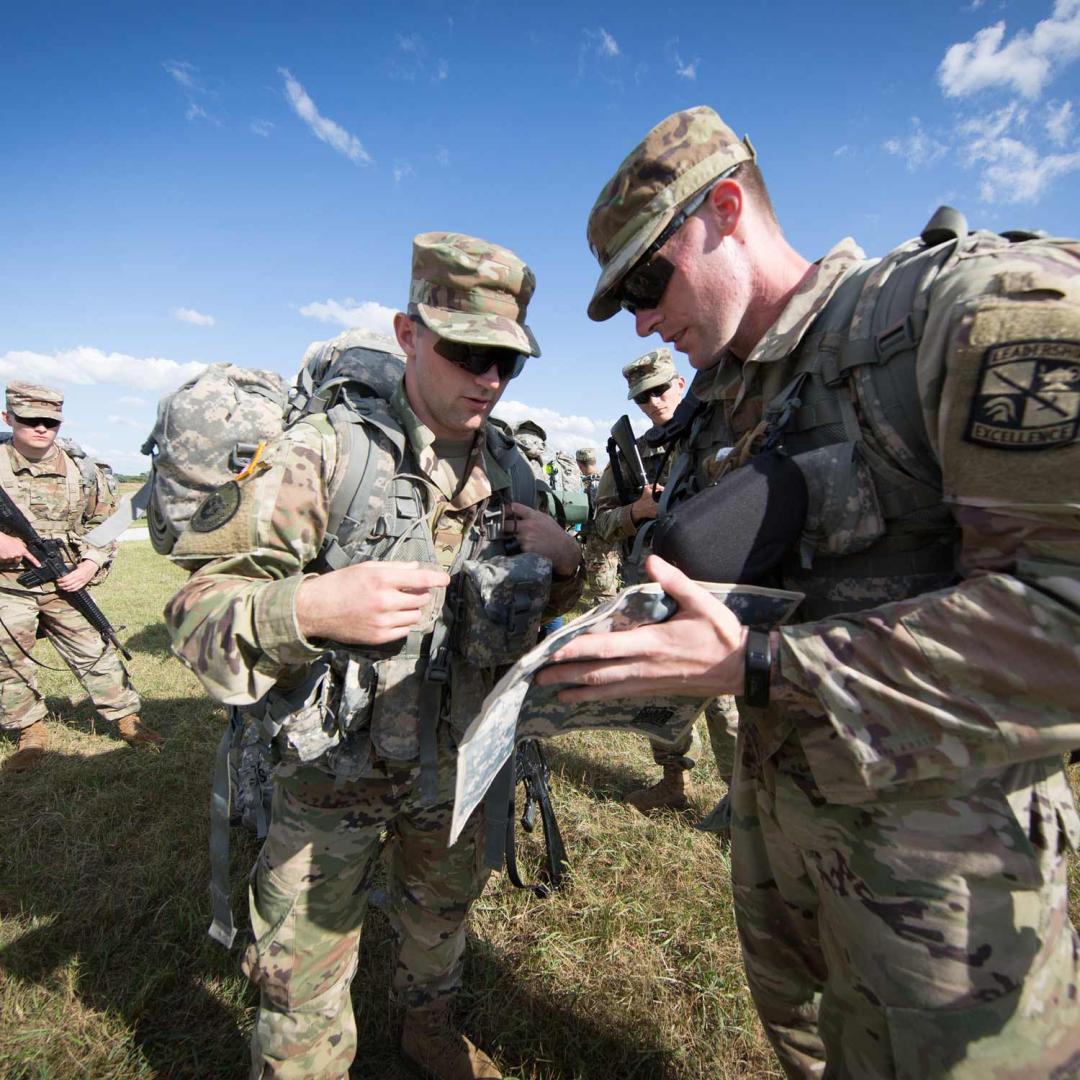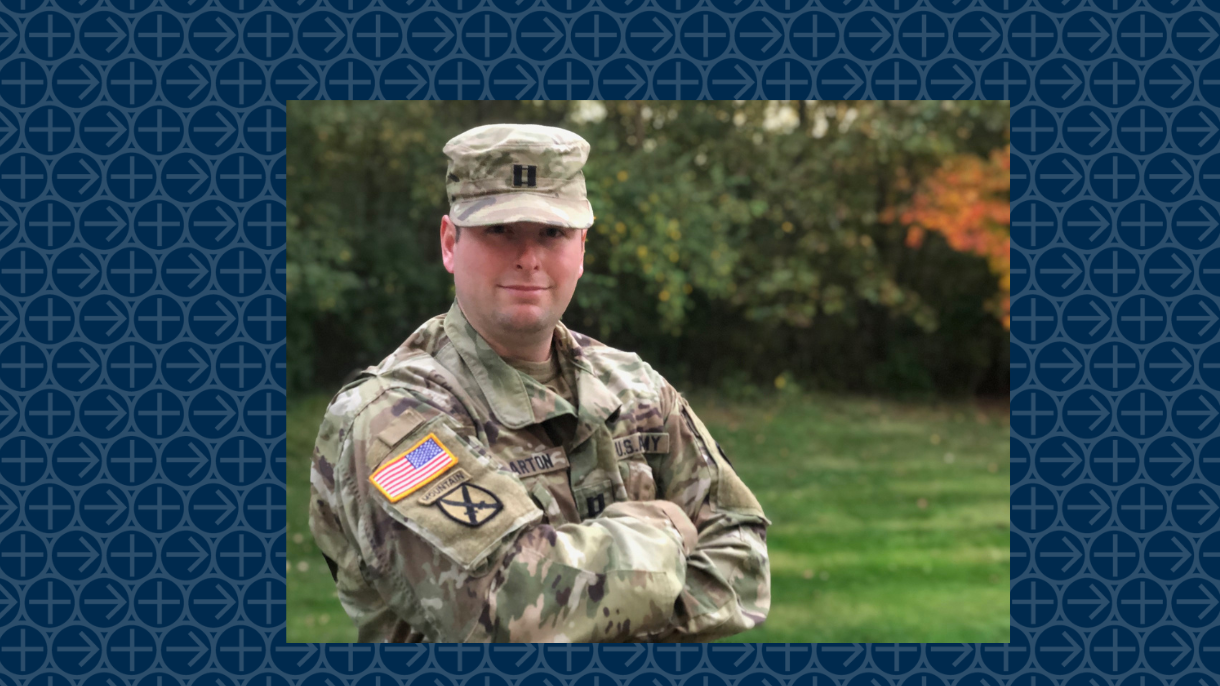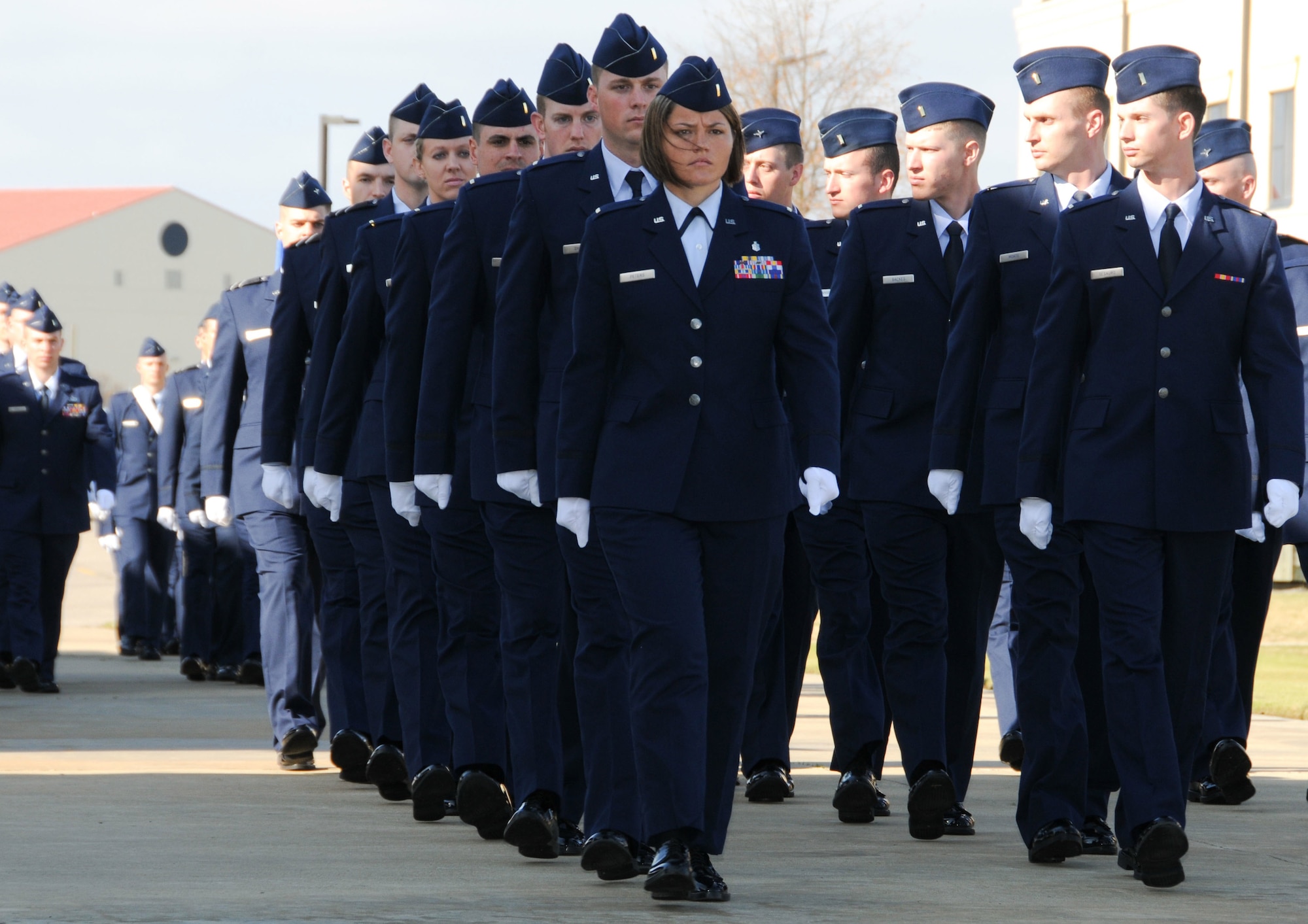Science Military - The Department of Military Science offers military science instruction on campus that is open to all students regardless of military service.
The Military Science minor offers a broad academic approach based on political science, history, communications, international studies, geography, education, psychology, criminology, psychology and philosophy as well as military science. It is designed to develop an effective understanding of the political, social and geographical factors that shape modern military policy, strategy and tactics. Although not required, the Military Science minor is preferred for all students enrolled in the Army ROTC program. Students must complete all applicable requirements listed in the minors section of the college catalog. The Military Science minor program offers classes in military leadership, values, and tactics with integrated classroom and field training.
Science Military

Individuals who are physically fit or driven to achieve the Army Physical Fitness Standard. Participants in Military Science or ROTC strive to be successful students as well as leaders in the military and community. We welcome those who are motivated to grow as leaders and gain military experience.
Closing The Data Science Skills Gap For Cleared/clearable Military Veteran Candidates
ROTC cadets as well as military science students will be taught Army values, tactics and leadership techniques. Courses include map reading, land navigation, military physical training and military tactics. Instruction will be provided through classroom and field training to equip students with the necessary knowledge to become a successful leader in the Army and the civilian sector.
In the summer of their junior year, ROTC cadets will be sent to Fort Knox, Kentucky for a leadership development and assessment course. This course assesses students' ability to apply leadership skills in the field and in garrison. Upon completion, all senior cadets will be placed in a staff position where they will plan and coordinate all ROTC training and events for the school year. The fall semester introduces cadets to personal challenges and skills critical to effective leadership. Cadets learn how personal development of life skills such as critical thinking, goal setting, time management, physical fitness and stress management relate to leadership, officership and military careers.
The focus is to develop a basic knowledge and understanding of the Army's leadership dimensions, along with a big picture understanding of the ROTC program, its purpose in the Army, and its benefits to students.
The spring semester reviews leadership fundamentals such as setting direction, problem solving, listening, presenting, giving feedback, and using effective writing skills. Cadets explore leadership values, attributes, skills and action dimensions in the context of practical, hands-on and interactive exercises.
Reinventing Social Science In The Military: Lessons Learned From The United States And New Zealand > Prism
Continued emphasis is placed on cadet recruitment and retention. Building strong relationships among cadets through cadet role models and common experiences and hands-on interactions are important aspects of the freshman year experience.
The fall semester explores dimensions of creative and innovative strategic leadership techniques and styles by examining team dynamics and two historical leadership theories that form the basis of the Army's leadership framework (trait and behavioral theories). Cadets practice aspects of personal motivation and team building in the context of planning, executing and evaluating team exercises and participating in leadership laboratories.
Focus is on continuous development of knowledge of leadership values and qualities through understanding of Army ranks, structure and duties and fundamental aspects of ground navigation and platoon tactics. Case studies provide a practical context for learning the soldier's religion and warrior ethos as applied to the contemporary operating environment (COE).

The spring semester COE examines the challenges of leading strategic teams The course covers the dimensions of terrain analysis, patrolling and operations orders. Further study of the theoretical underpinnings of Army leadership frameworks explores the dynamics of adaptive leadership in the context of military operations.
Navy Speeding Up Science And Technology Spending
Cadets develop greater self-awareness as they evaluate their own leadership styles and practice communication and team-building skills. COE case studies provide insight into the importance and practice of teamwork and strategy in real-world situations.
The fall semester challenges cadets to study, practice and evaluate adaptive leadership skills when presented with challenging situations related to platoon tactical operations. Cadets receive systematic and specific feedback on their leadership qualities and actions. Based on such feedback, as well as their own self-evaluations, cadets continue to develop their leadership and critical thinking skills.
The summer ROTC cadet leadership course focuses on developing cadets' strategic leadership skills to enable them to succeed.
The spring semester uses increasingly intense situational leadership challenges to build cadet awareness and skills in tactical operations leadership up to the platoon level. Cadets review aspects of combat, stability and support operations. They conduct military briefings and develop skills in garrison operations orders.
Military Transfer Credit
Focus is on research, evaluation and skill development in decision making, persuading and motivating team members in the contemporary operating environment (COE). Spring semester cadets are evaluated on what they know and do as leaders as they prepare to attend the ROTC Cadet Leadership Course (CLC).
The fall semester develops the cadet's skills in planning, executing and evaluating complex operations, working as a staff member and providing performance feedback to subordinates. Cadets assess risk, make ethical decisions, and lead fellow ROTC cadets. Lessons in military justice and personnel procedures prepare cadets to become Army officers.
Senior cadets analyze, evaluate and teach lower level cadets. Both their classroom and battalion leadership experiences are designed to prepare fall semester cadets for their first unit assignments. They identify key personnel responsibilities, coordinate individual roles, and use situational opportunities to educate, train, and develop subordinates.

The spring semester explores leadership dynamics in the contemporary operating environment (COE) under the complex conditions of current military operations. Cadets examine differences in customs and courtesies, military law, principles of war, and rules of engagement in combating international terrorism. They also explore aspects of interaction with non-governmental organizations, civilian and host nation support on the battlefield.
Female Nuclear Medical Science Officer Reflects On Her Military Career
The course places significant emphasis on preparing cadets for their first unit assignments. It's full of case studies, scenarios and "what now, lieutenant?" Practice preparing cadets to meet the complex ethical and practical demands of leading as commissioned officers in the United States Army. Develop leadership and management skills for success in a civilian career or as a leader in the US Army with a minor in military science. As one of the nation's premier Army ROTC programs, the Department of Military Science will educate, train, develop, and inspire you to become an officer and leader of character with an emphasis on ethical behavior.
You will learn through a mix of classroom instruction; leading laboratories; And experiential learning focuses on mind, body and spirit. A military science minor is perfect for you if you like intellectual and physical challenges and want to work to maintain peace and national security.
The military science program is designed to develop leaders who will serve as commissioned officers in the United States Army after college. Here, students will:
*ACT/SAT test scores are not required at the time of admission application for students who choose to apply test-optional.
Military Science Curriculum
Applications for the fall semester open on August 1 of the previous year. For scholarship consideration, the sooner you complete your undergraduate application, the better. For up-to-date deadlines, visit our admissions page.
Tuition rates are updated annually. Visit our financial aid website to learn more about cost of attendance.
The Office of University Financial Aid administers more than $200,000,000 in student aid annually from federal, state, institutional and private sources.
To help make your graduate studies at the university more affordable, we encourage you to file the FAFSA to apply for financial aid. Various scholarships are also available.
Asu Mh Offering Military Science And Leadership Courses
Students who successfully complete a minor in military science can complete their bachelor's degree and receive a commission as a second lieutenant in the US Army Reserve or US Army National Guard.
The US military offers postgraduate study and specialization in fields such as international linguistics. The SFA provides leadership training in the form of basic military science courses that are open to all students.
The Reserve Officer Training Corps provides cadets with valuable academic, physical and leadership training and experience for future military and civilian careers. When cadets complete their ROTC course, they minor in military science and become officers in the US Army.
This unique 5K/10K walk, jog, run is in beautiful East Texas and is open to the public. The race is held in memory of First Lt. Kiel G. West, SFA alumnus and SFA Army ROTC commissioner who was KIA in Iraq on Memorial Day, May 28, 2007.
Education And Training Technology In The Military
There are many groups to join the Lumberjack Battalion that increase volunteer opportunities and provide teamwork, coordination and character building.
The Department of Military Science offers scholarships to its cadets that cover tuition, books and living expenses. Your support helps ensure future soldiers can focus on being the best they can be.
The latest version of Lumberjack Battalion is an obstacle course. Designed and developed to provide cadets with actual military physical training, the obstacle course provides opportunities to increase strength, stamina and endurance and enhances coordination and team building.

Experimental Forest provides a real, rugged forest training environment to test ground navigation skills and tactical operations. Nacogdoches Emergency Operations Center, which is supported by Nacogdoches
What Can You Do With A Military Science Degree?
Military science jobs, military science fiction books, military science course, military science degrees, military science books, military science degree online, science of military strategy, military science major, major in military science, military science degree, military science, military science fiction

0 Comments